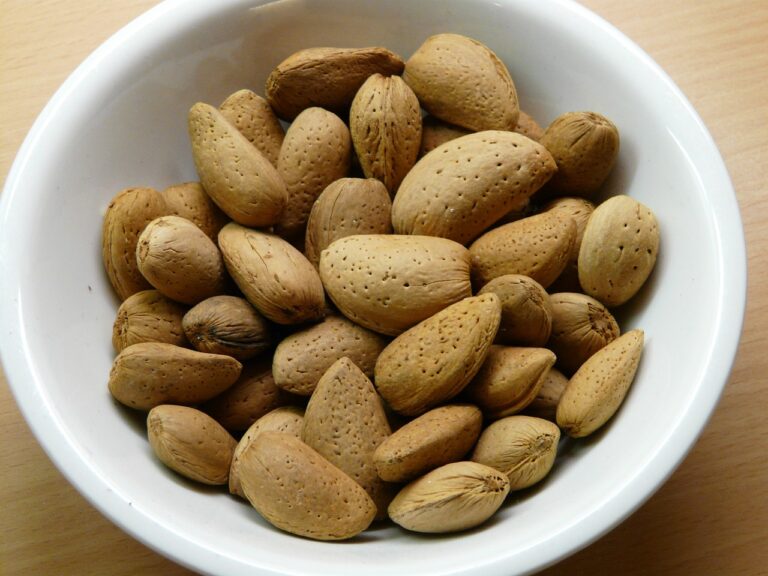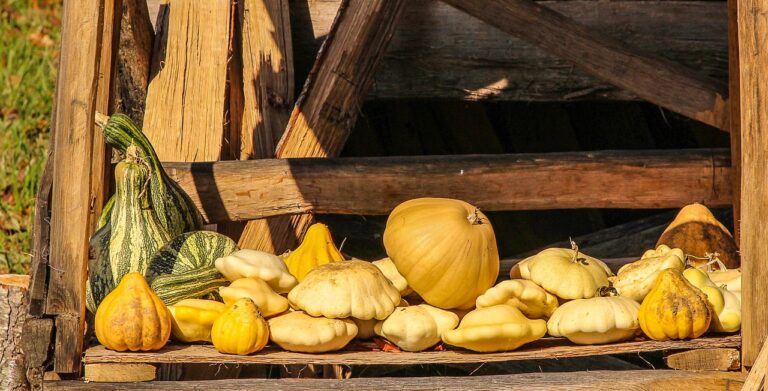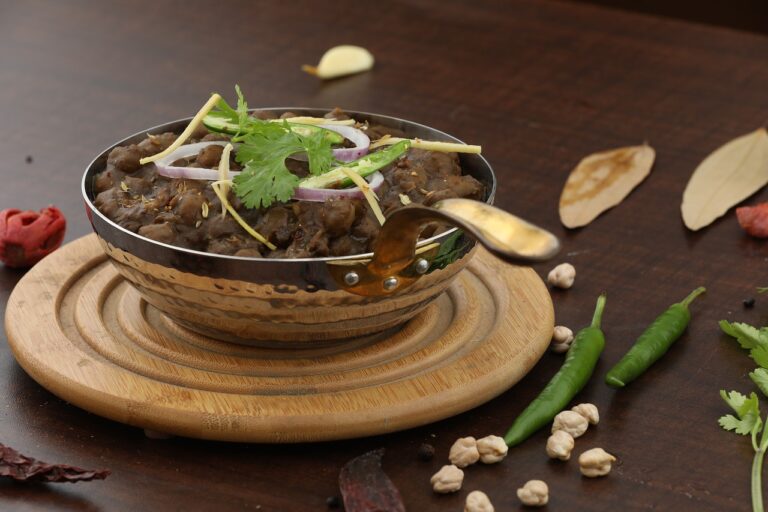The Impact of Artificial Intelligence on Food Production
The integration of artificial intelligence (AI) in crop management has significantly transformed the way farmers approach cultivation practices. From predicting optimal planting times to determining the precise amount of water and nutrients required by crops, AI technology has revolutionized decision-making processes in agriculture. By analyzing vast amounts of data collected from sensors, satellites, and drones, AI can provide valuable insights that help farmers enhance crop productivity and sustainability.
Furthermore, AI-powered tools can detect early signs of disease or stress in crops, allowing for timely intervention and prevention of yield loss. This proactive approach to crop monitoring enables farmers to take targeted actions, such as adjusting irrigation schedules or applying specific treatments, to mitigate potential risks. Ultimately, the implementation of AI in crop management not only improves efficiency and resource utilization but also plays a crucial role in ensuring food security for a growing global population.
Enhancing Efficiency in Agricultural Machinery with AI
Agricultural machinery plays a vital role in modern farming practices, aiding farmers in various tasks like planting, harvesting, and irrigation. With the integration of artificial intelligence (AI) technologies, these machines are becoming even more efficient and precise in their operations. AI enables these agricultural machineries to make real-time adjustments based on collected data, optimizing their performance and reducing waste.
Furthermore, AI-driven agricultural machinery can gather and analyze a vast amount of data, such as soil conditions, weather patterns, and crop health indicators. This data-driven approach allows farmers to make informed decisions on optimal planting times, irrigation schedules, and harvesting techniques, ultimately leading to increased yields and improved crop quality. By harnessing the power of AI, agricultural machinery is revolutionizing the way farmers manage their operations, providing them with the tools they need to navigate the complexities of modern agriculture.
Improving Pest Control and Crop Monitoring through AI Technology
One of the key advantages of utilizing artificial intelligence (AI) technology in agriculture is its ability to enhance pest control and crop monitoring processes. By harnessing the power of AI algorithms, farmers can accurately identify potential pest threats and monitor crop health in real-time. This proactive approach allows for timely intervention, minimizing crop damage and maximizing yields.
AI-driven crop monitoring systems are equipped with advanced sensors and cameras that can detect subtle changes in crop conditions. These systems analyze data such as temperature, humidity, and soil moisture levels to provide farmers with valuable insights into the health of their crops. By leveraging AI technology for crop monitoring, farmers can make informed decisions on irrigation schedules, nutrient management, and pest control strategies, ultimately leading to improved crop quality and productivity.
• AI technology enhances pest control and crop monitoring processes
• AI algorithms help identify potential pest threats and monitor crop health in real-time
• Proactive approach allows for timely intervention to minimize crop damage and maximize yields
• AI-driven crop monitoring systems have advanced sensors and cameras to detect subtle changes in crop conditions
• Data analysis includes temperature, humidity, soil moisture levels for valuable insights into crop health
• Informed decisions on irrigation schedules, nutrient management, and pest control strategies can be made using AI technology
How can Artificial Intelligence revolutionize crop management?
AI technology can analyze data collected from sensors and satellites to provide farmers with real-time information on crop health, soil quality, and weather conditions, allowing them to make more informed decisions.
How does AI enhance efficiency in agricultural machinery?
AI can optimize the performance of agricultural machinery by analyzing data on field conditions and adjusting settings in real-time to maximize productivity and minimize waste.
How does AI technology improve pest control and crop monitoring?
AI can identify early signs of pest infestations and diseases in crops, allowing farmers to take proactive measures to prevent damage. It can also monitor crop growth and development to optimize irrigation, fertilization, and harvesting schedules.







